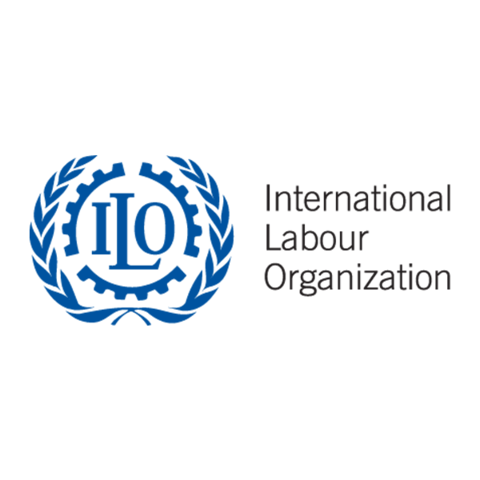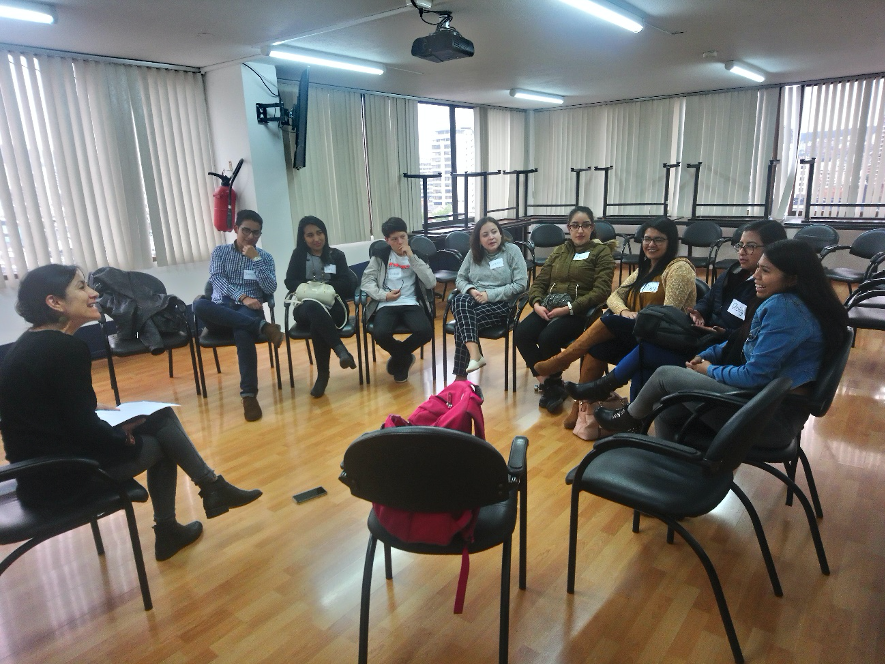The workshop served to identify, together with the focus group, the main causes that prevent youth insertion into the formal economy. Out of 25 different causes, the main three that were identified relate to:
Scarcity of job openings
According to the statistics provided by INEC, at the end of 2019, the national rate of underemployment was 17.8% while the national rate of unemployment was 3.8% (INEC, 2019). This reflects the scarcity of offers of formal jobs openings that lead people to find alternative ways to generate income.
Excessive requirements (experience versus age)
The participants mentioned that an important barrier to formal jobs is that firms expect candidates under the age of 30 to have between 5 and 10 years of experience, which can be challenging to many.
Stratification by level of education (selective education)
Partakers stated that many employers select candidates according to the institution they obtained their degree. The status of some universities are more prestigious than private universities, and candidates with a degree from those universities have better chances of getting a job. The admission exam leaves out many young people who then turn to lower category universities or they incur in student debt to study in a private university.
Moreover, the stratification of the education level is perceived as the idea that university degrees are valued higher than technological degrees, the latter considered by firms as less relevant.
One or more of these reasons have caused at least 80% of the participants to face rejection in the formal labor market. Consequently, some of the participants have decided to become entrepreneurs and have opened their own businesses; others offer their services independently, despite the fact that this does not provide a regular income or financial stability.
Being an entrepreneur or an independent worker, does not guarantee they will have access to the social security system - heath and pensions - it is much likelier that they will fall into precarious jobs.
The workshop ended with participants talking about their expectations. The majority have positive feelings regarding their insertion in labor market in the future. In fact, most of them see themselves as business owners providing job opportunities for other people. Additionally, they discussed alternatives of insertion to formal work such as internships that have not worked as expected for interns are not treated as future professionals by their colleagues.
Since the Program intends to extend social protection to young people who work in the informal sector, the information obtained from these type of focus groups allow the agencies involved to get first-hand information directly from those who experience this dilemma on a daily basis. The ultimate goal of the workshop is to include young workers in the process to identify the problems they face and to find innovative solutions that will benefit them in a direct way.
Jeremy’s Story
Jeremy is 18 years old. He just finished high school and is an entrepreneur due to, training in information technology. Despite some initial rejections to continue his technical career, he explains that he started his own business with the knowledge acquired in the last years to generate his own income.
Additionally, Jeremy took a course in security and network systems to improve the services that he offers. Even though the business is paying back, Jeremy will continue studying technology in software development.
Currently, he is not interested in entering the formal sector due to an excessive number of barriers that already exist. However, he sees himself as a company owner with several subsidiaries that will provide employment opportunities to other people in the future.





















